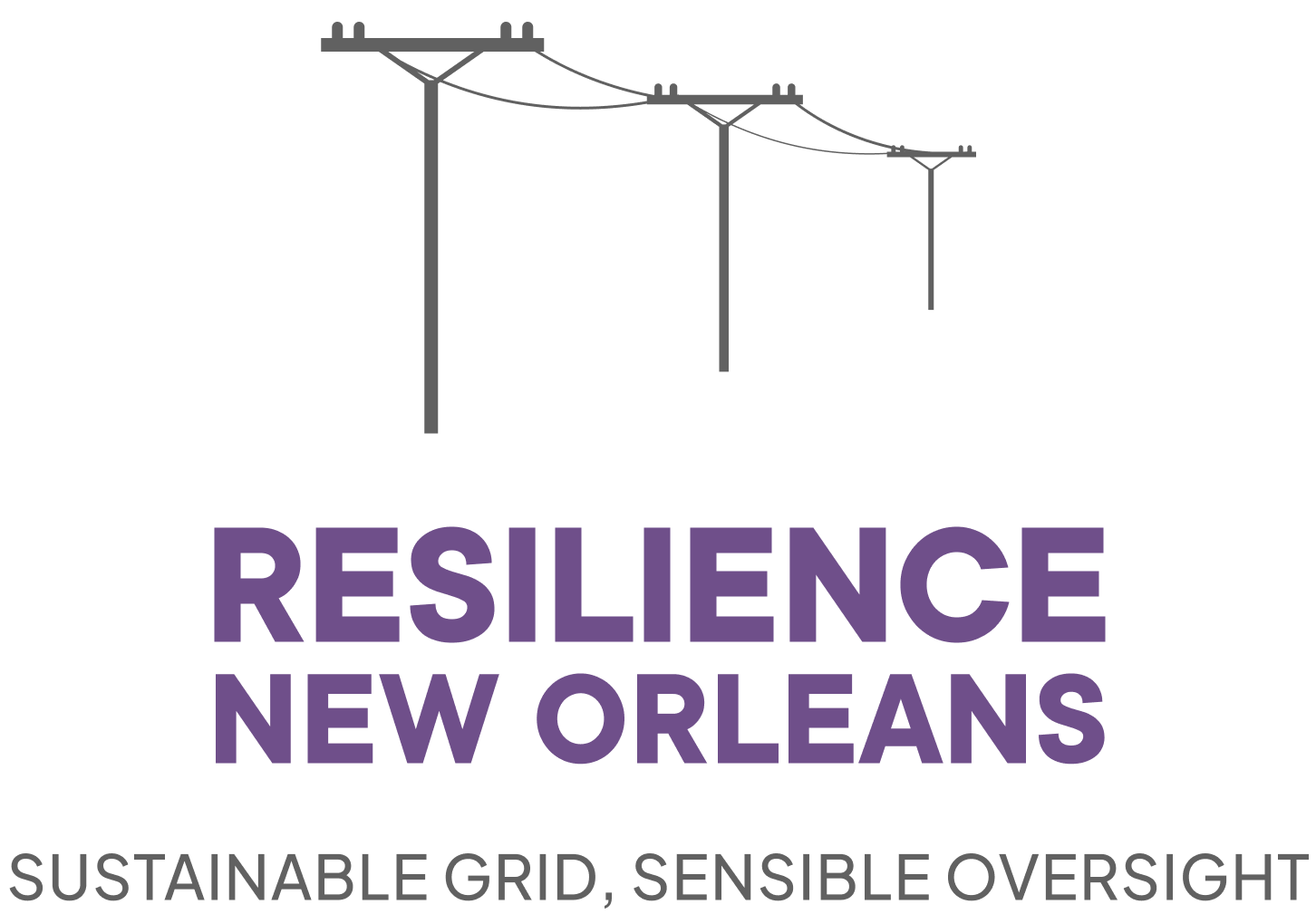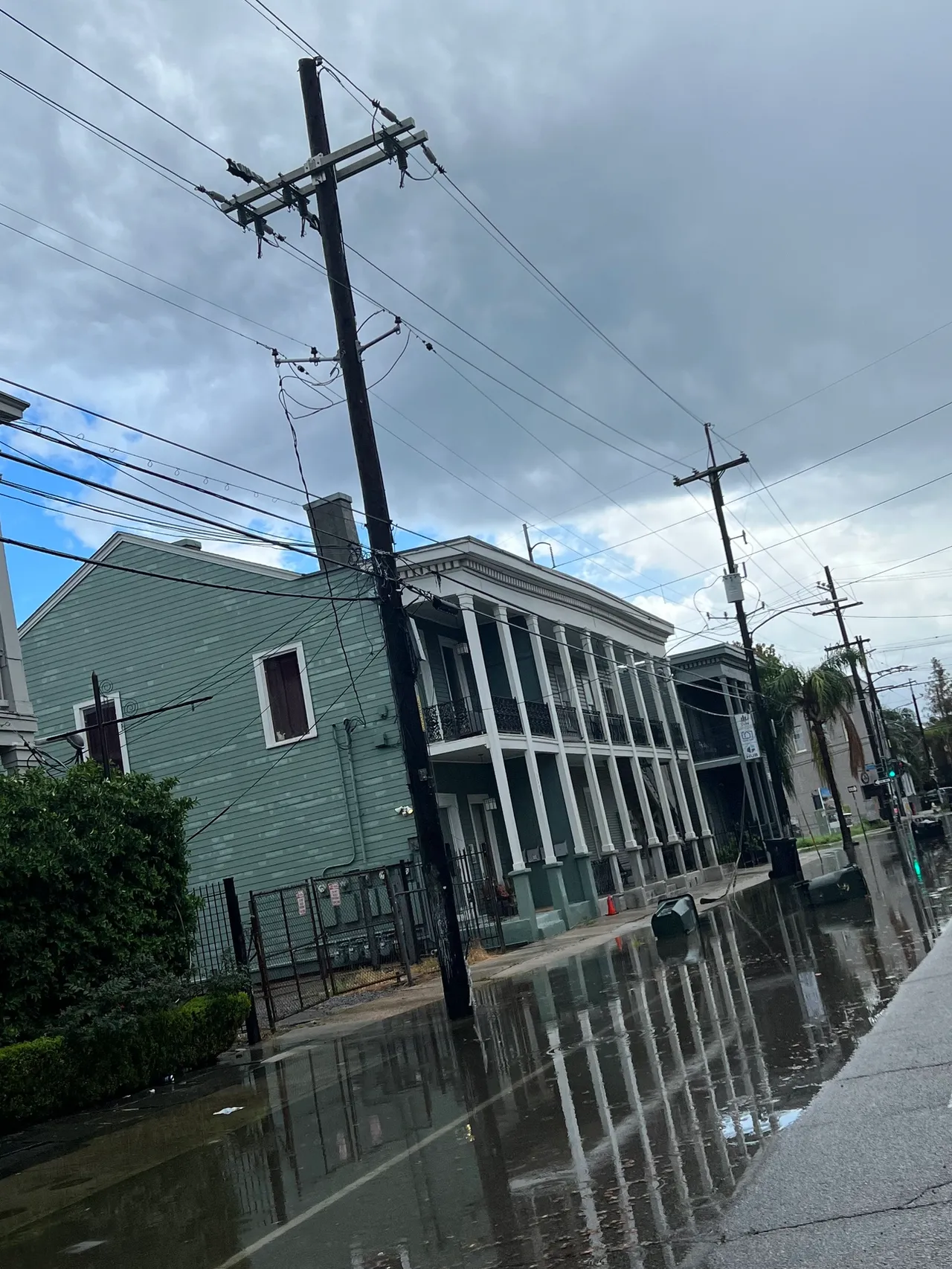When I ran the Alliance for Affordable Energy, I felt it was critical to hold Louisiana’s electric utilities accountable to the ratepayers, and that hasn’t changed. The opinion piece, Entergy’s quiet power moves, written by Executive Director of the Alliance for Affordable Energy, and published by the Lens, gives readers an incomplete or misconstrued understanding of how our local electric grid works. Here are some of my concerns with this piece:
Article Misconstrues ENO’s “Operation Gridiron”.
The article criticizes Entergy’s Operation Gridiron as primarily benefiting shareholders at the expense of customers. But a report done by HedgeRow Analysis for my organization found that the infrastructure development
“indicates that a significant portion of those benefits will flow to those experiencing financial, medical, food, or other social vulnerabilities. [And that] Higher per capita investments will be made in neighborhoods with a greater percentage of these energy vulnerable populations, and these residents will receive more benefits per capita as a result.”
The Alliance makes no mention – at all – how strengthening New Orleans’ electrical grid would help make our city more resilient to severe weather like hurricanes and would benefit our most vulnerable residents.
Accusations of monopolistic practices neglect the power of our regulatory authority.
Our utility regulators, both in New Orleans and the state of Louisiana, have a great deal of power and authority to hold our utilities accountable, and demand they provide better services. Keep in mind, rates and infrastructure investments are controlled by the regulatory agencies. New Orleans made a huge mistake in the 80’s when it gave up regulatory authority to the State Public Service Commission. Local leaders were able to rescue this authority in a herculean effort and New Orleans enjoys independent regulation of its grid. Only one other city in America regulates an Investor-owned utility – Washington, DC.
By attacking Entergy’s monopoly, is the Alliance really pushing for deregulation or municipalization?
By repeatedly attacking Entergy’s monopoly as the root cause of many of our electricity challenges in New Orleans and Louisiana, the article is clearly pushing for an alternative. But, the Alliance doesn’t mention those alternatives. So let’s discuss here.
#1 Alternative to Entergy New Orleans: Municipalization
Municipalizing New Orleans power grid means the city would use a years-long and complex legal and regulatory process to buy (for billions of dollars) all of the Entergy’s assets in New Orleans, so that the city would take over operations of the electric company as they currently operate the Sewerage and Water Board. Municipalization is a massive undertaking and likely politically unpopular, so the Alliance doesn’t advocate for spending billions of dollars and taking over Entergy, but outlining how Entergy’s “monopoly” hurts customers.
#2 Alternative: Deregulation of local retail grid
Deregulation means that competitive retail electric “suppliers” can come into the city and sell consumers electricity. The retail suppliers get energy from the same place as the incumbent – the wholesale market but the new players are not subject to regulatory authority. Local retail deregulation hurts consumers of all types but can be most damaging to vulnerable populations. Check out this 2023 report from the Massachusetts Attorney General which found: “that in the last six years, individual residential customers who received their electric supply from competitive suppliers paid $525 million more on their electric bills than they would have paid if they stayed with their utility companies.” And that: “Low-income customers in Massachusetts are nearly twice as likely to sign up with individual competitive electric suppliers and that they are also charged higher rates than non-low-income customers.”
Retail electric companies go for similar “bait and switch” tactics that cell phone companies tried in the early 00’s – a close friend in Houston called me for advice when she received a $400 electric bill when her average had been $150 for years. She had signed up with a new electric service that promised lower rates. But, the lower rate was only for 3 months, then the rate went up. She was locked in. This is not a socially vulnerable person – she makes six figures as a gerontologist. Clearly capable of reading and understanding the fine print, but she still fell victim to these tactics.
We do not need this in New Orleans. What we can use is more conversations and dialogue about how we can push for solutions that make our city stronger and better.

